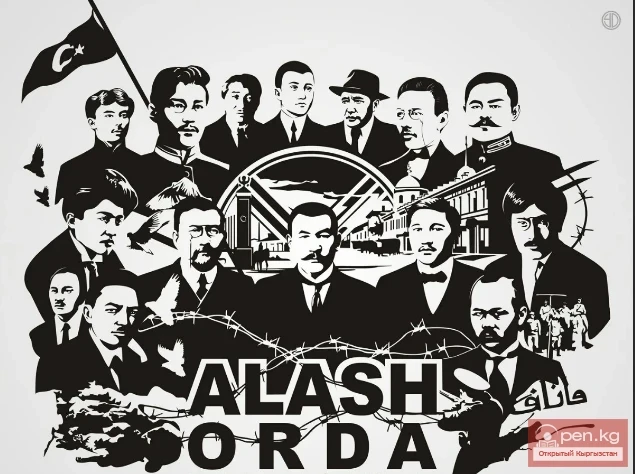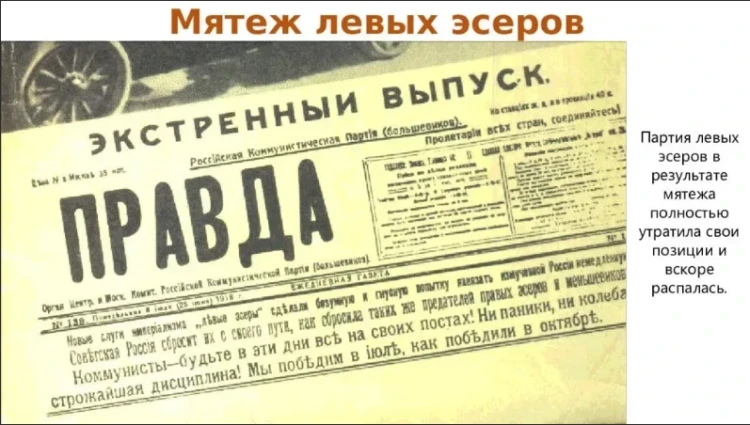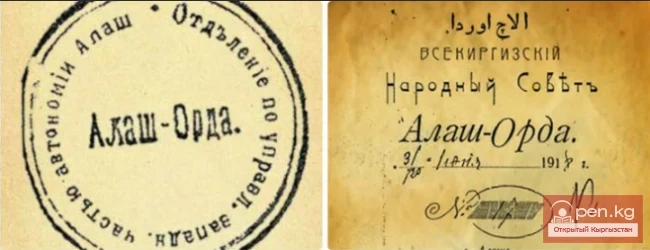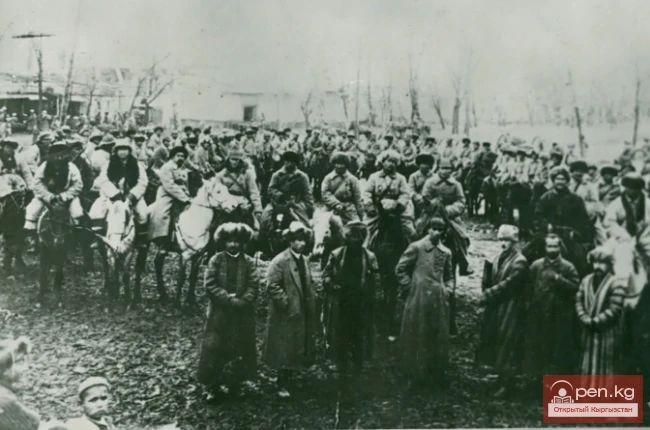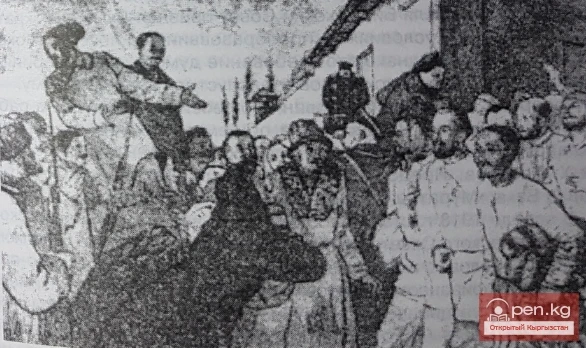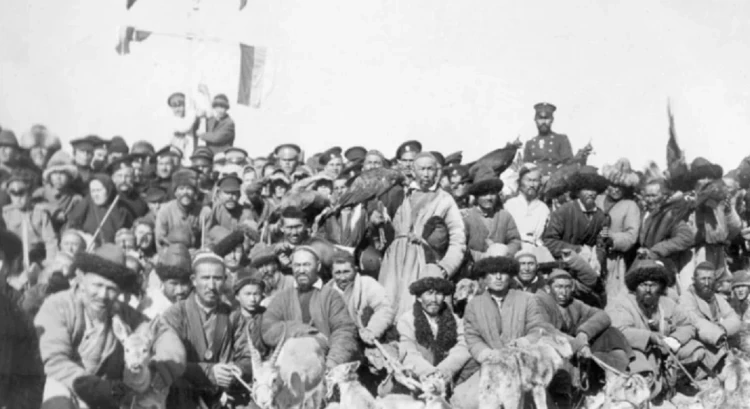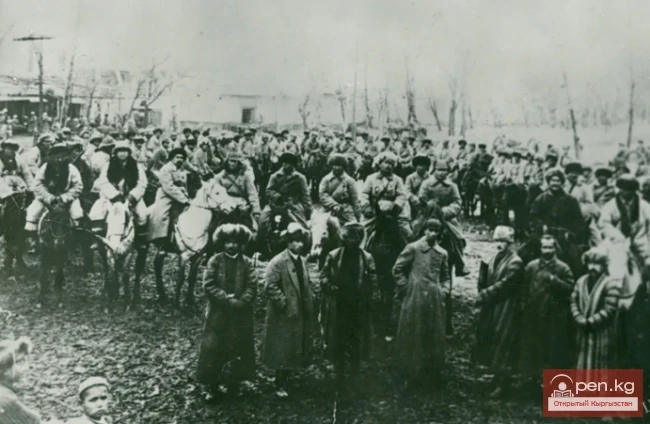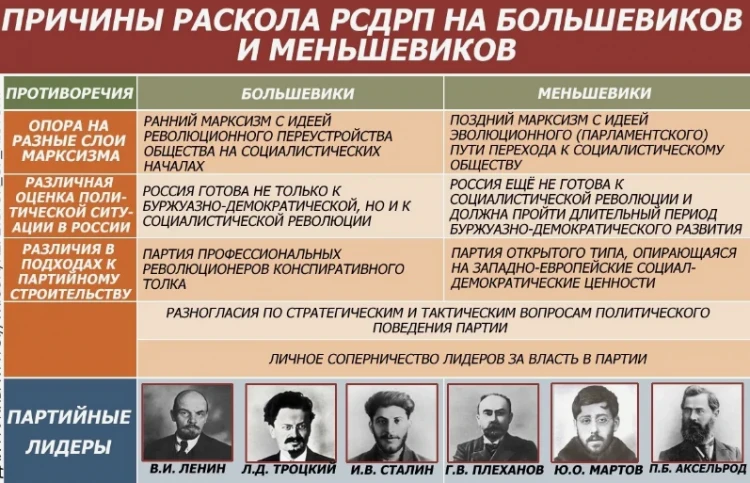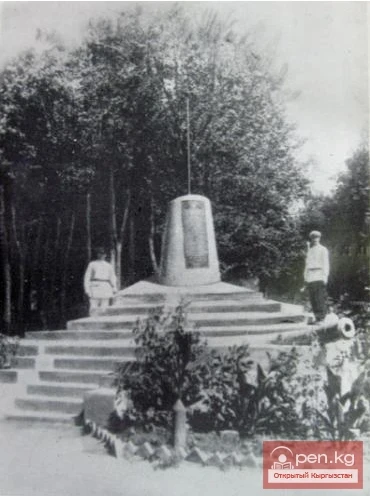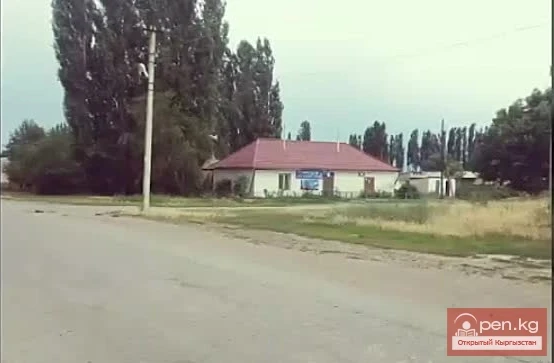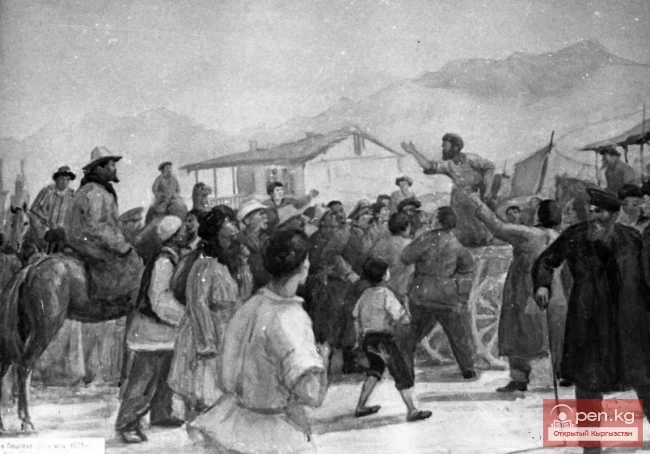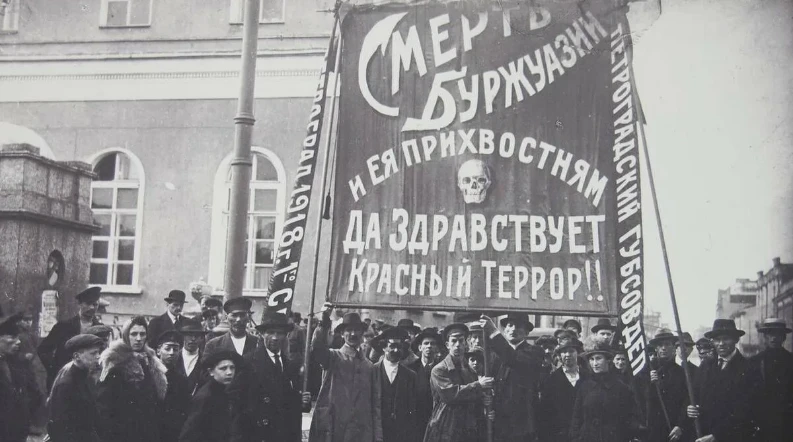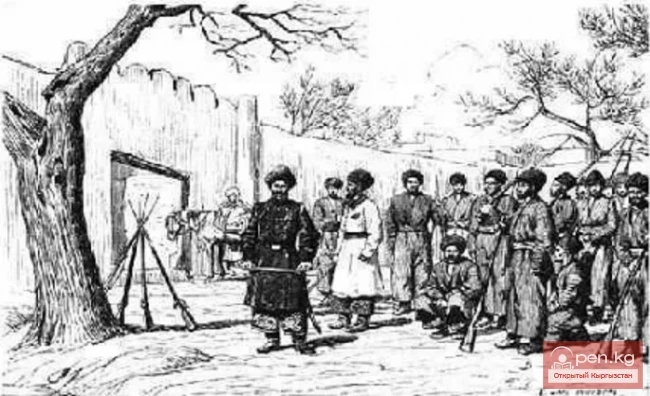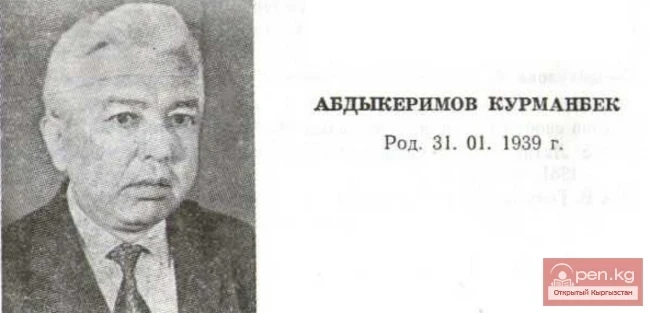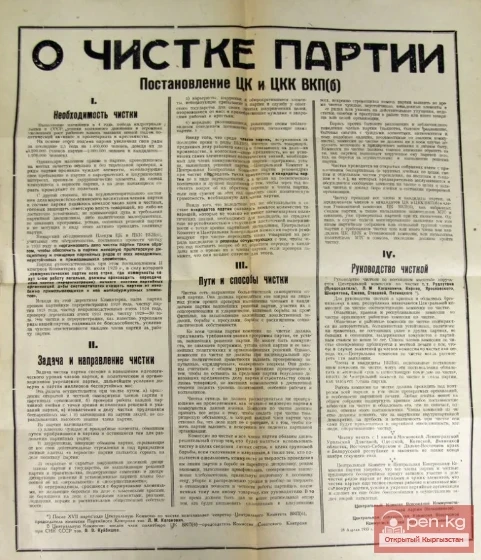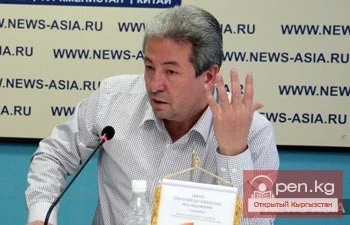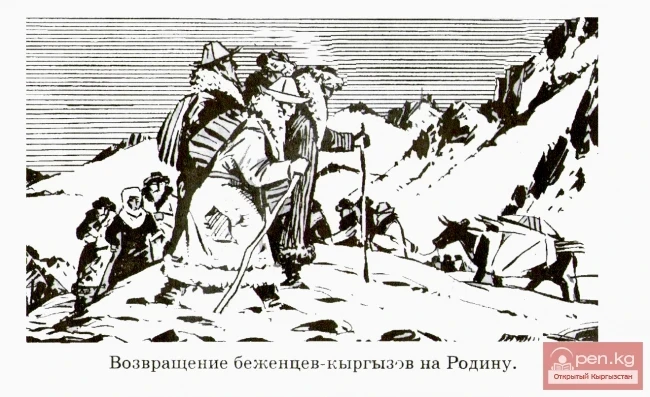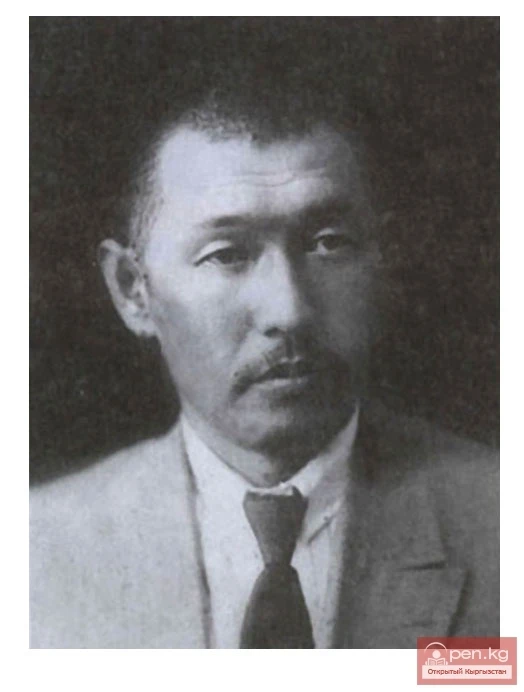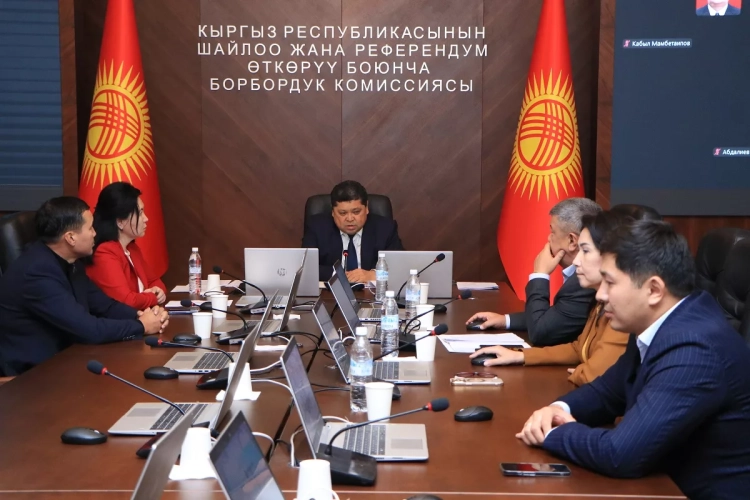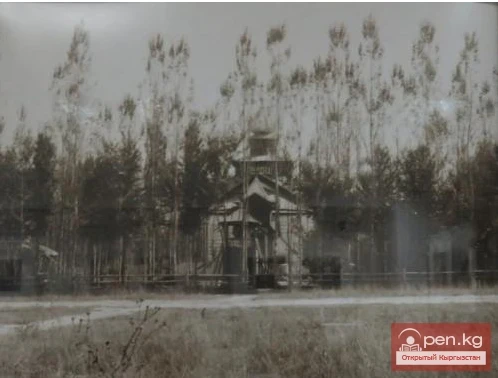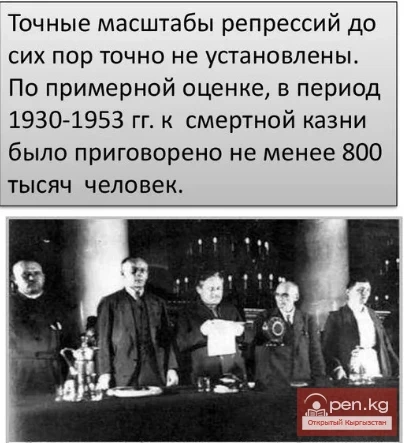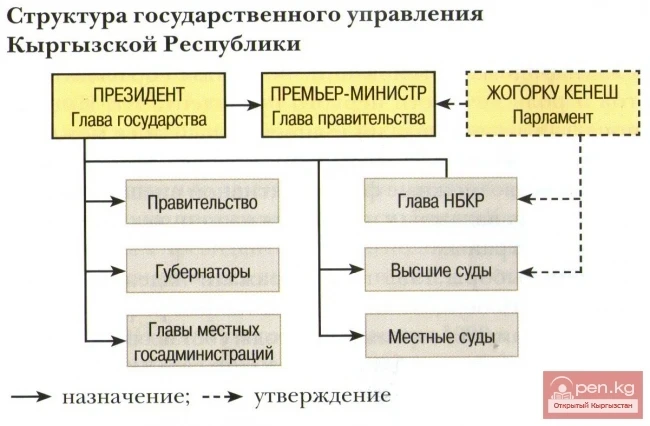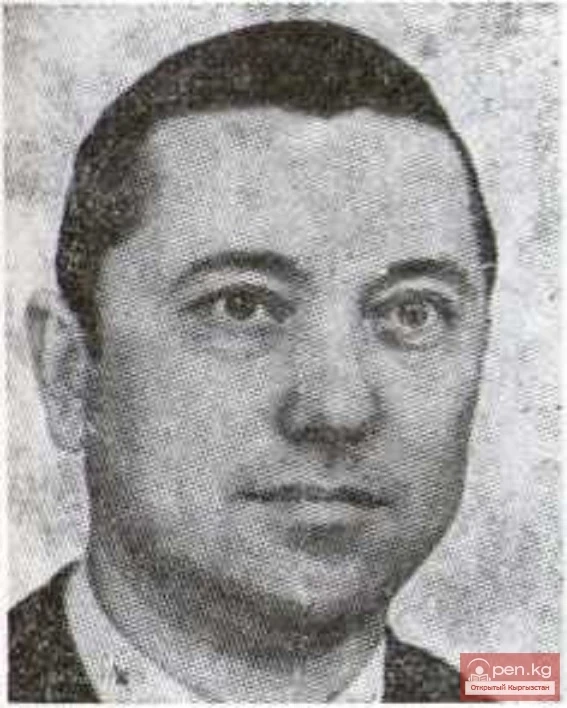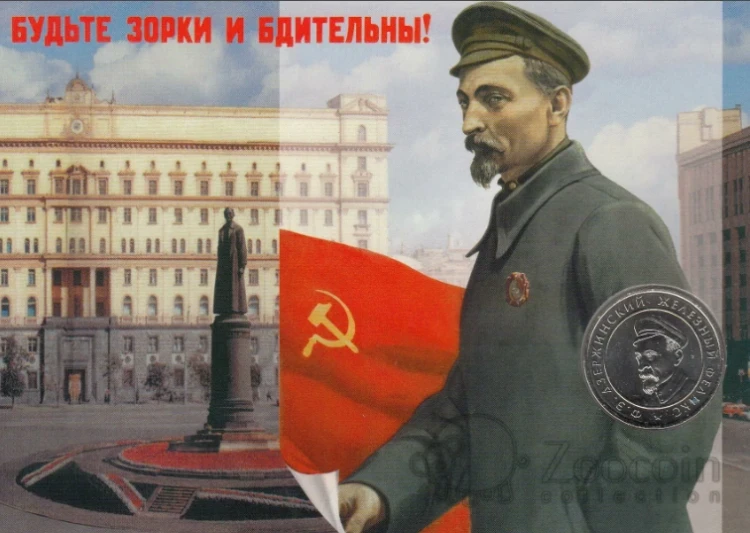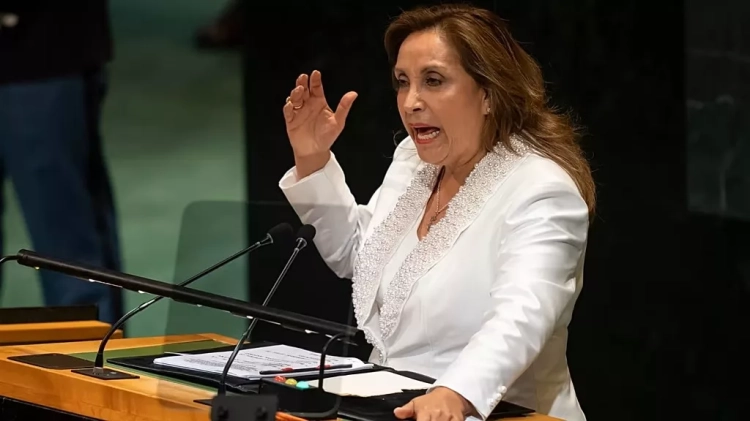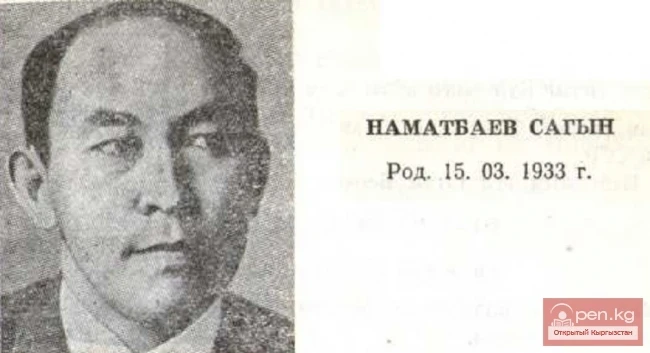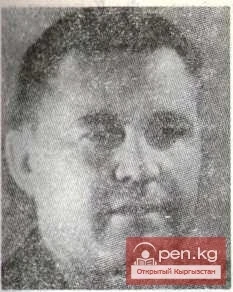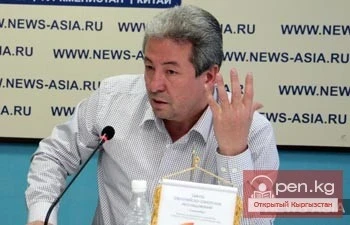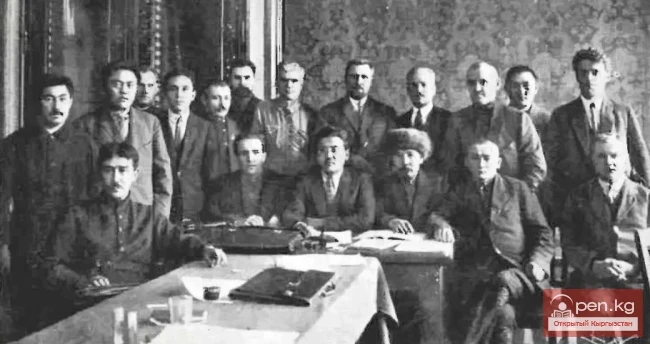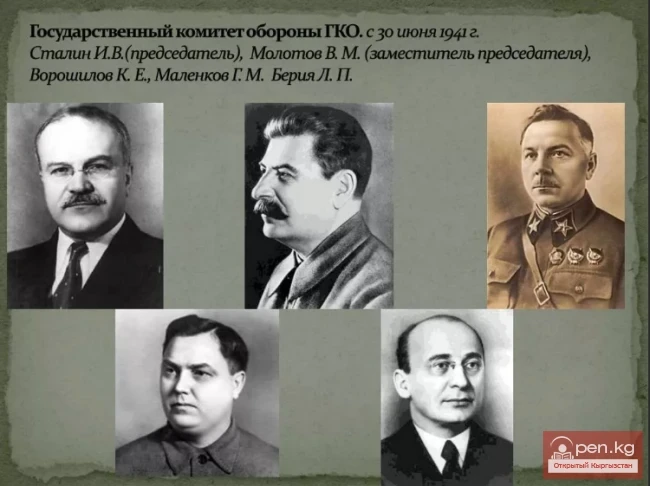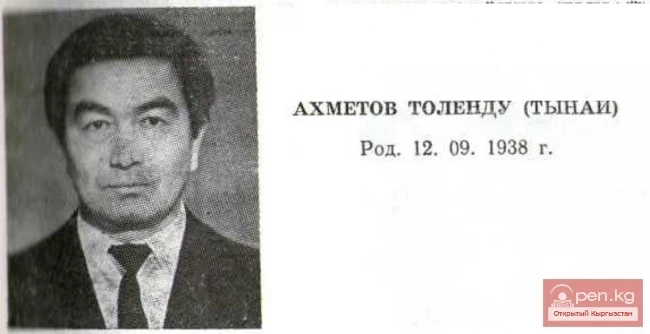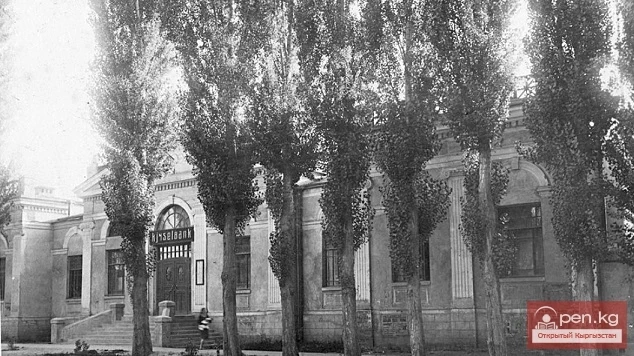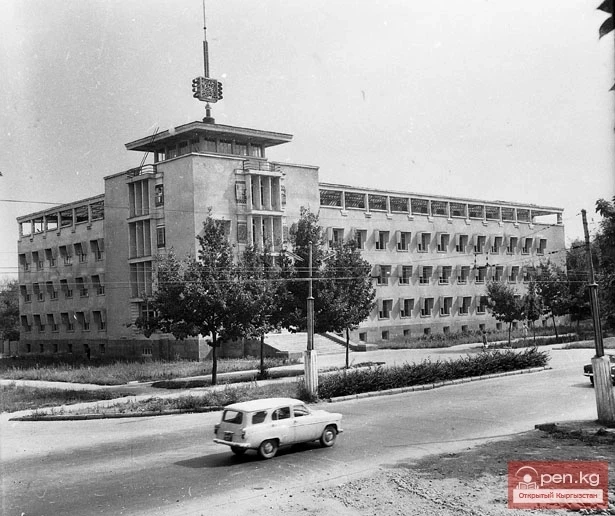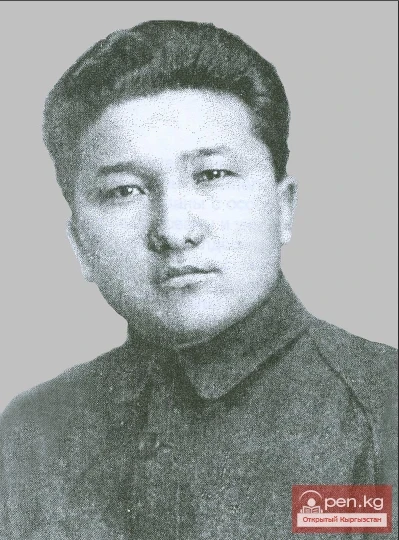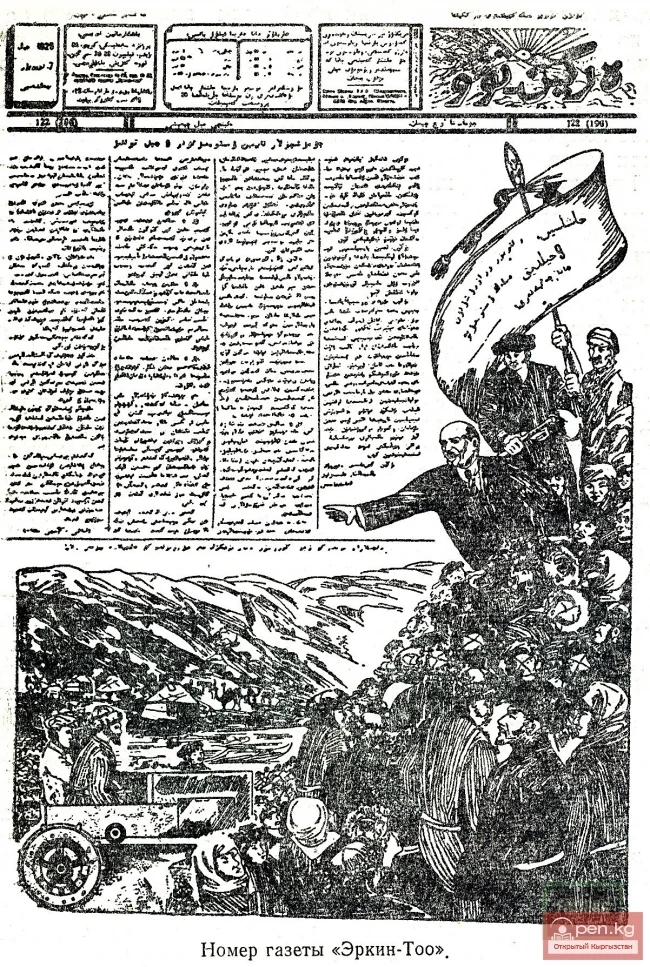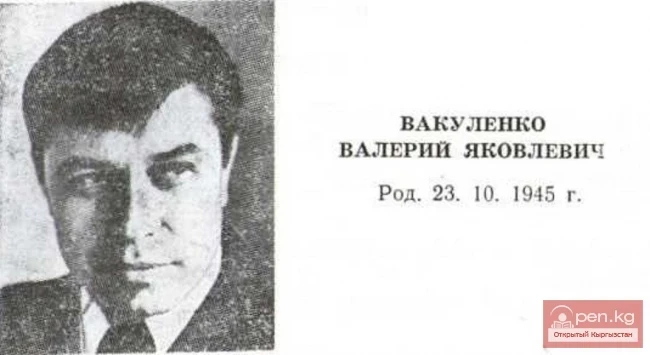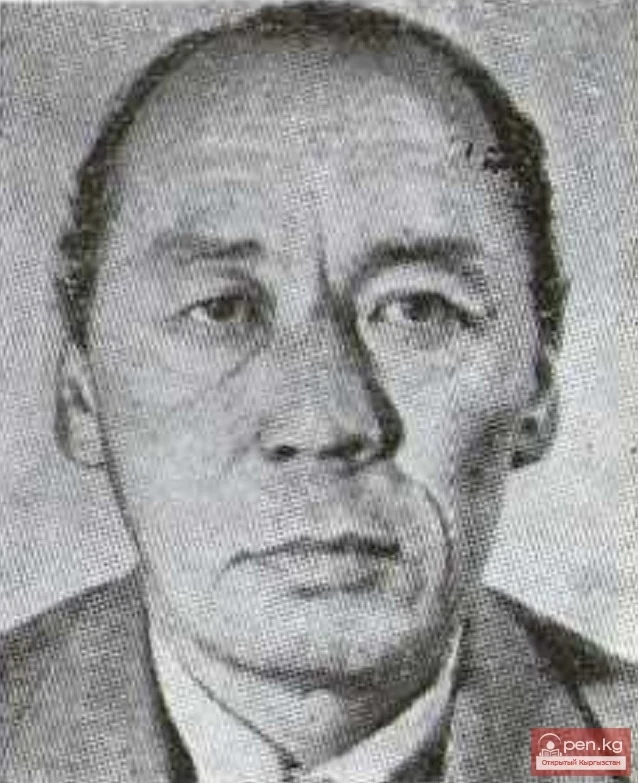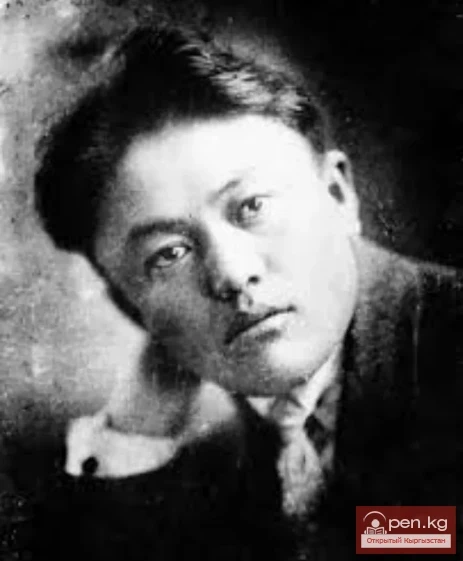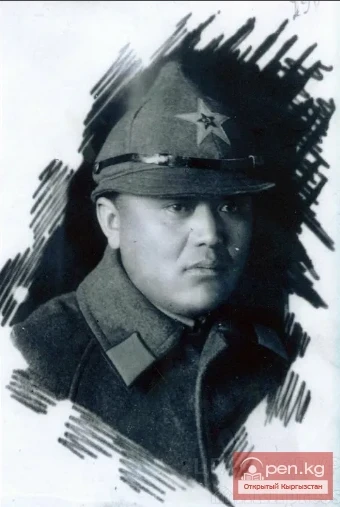On November 12, 1917, elections in Semirechye for the Constituent Assembly were disrupted by armed soldiers. In the voting for this body, the Socialist Revolutionaries (SRs) gathered over 50% of the votes nationwide, while the Bolsheviks received only 25%.
The masses voted against left radicalism, for a peaceful evolutionary path of development.
The candidates for deputies of the Constituent Assembly from Semirechye did not include a single Bolshevik. From the Alash party, the candidates were: translator of the regional military governor Ibrahim Jainakov, D. Soorombaev, and A. Sydykov; from "Bukara" in a bloc with left SRs — Alash member M. Tynyshpaev, SRs — head of the Resettlement Administration A. Shebarin, head of Verny Shkapsky, and volost manager and translator manap D. Abdulin.
The Alash party was unjustly accused of extreme anti-Sovietism. The party leaders, who believed in the necessity of creating their own autonomous state, were not averse to seeking allies within the Soviet camp. Under the influence of the revolutionary process in the country, the party evolved, began to move away from the coalition with the Cadets, and leaned towards an alliance with the socialists. L. Dosmukhamedov met in Moscow with Lenin and Stalin; A. Bukeykhanov, A. Ermekov, and X. Gabbasov negotiated with the Soviet government via telegraph. A. Baytursunov crossed the front line and established contacts with the Soviet leadership.
In 1919, the "bourgeois-nationalist" autonomous Tatar-Bashkir government of Zaki Validov was dissolved. In place of this "bourgeois autonomy," the Bashkir ASSR was established again under the leadership of Z. Validov.
Such a turn in Soviet national policy gave the Alash members hope for the realization of their aspirations on the platform of the Bolsheviks. In 1920, the Kyrgyz (Kazakh) ASSR was proclaimed, albeit without the leading participation of the Alash members.
What happened to the leaders of the Alash party and its Kyrgyz branch? In 1937, A. Bukeykhanov, A. Baytursunov, and M. Tynyshpaev were executed. Sherali Lapin emigrated, returned illegally to avoid harming his relatives, wandered, and died in obscurity. M. Chokaev — leader of the southern wing of the party, one of the leaders of the Kokand autonomy, emigrated to France, was interned by the Nazis, and poisoned in 1941. From the Kyrgyz branch: D. Soorombaev was shot by the Cheka in 1921. I. Arabayev mysteriously died in prison in 1933. In 1938, A. Sydykov, I. Aydarbekov, K. Tynystanov, S. Chukin, and N. Tulin were executed.
A. Sydykov did not immediately join the Bolsheviks. This circumstance was repeatedly and successfully used by his detractors to slander him and eliminate him from the political life of Turkestan. His search for his own place in life was portrayed as counter-revolutionary activity. None of this was true; A. Sydykov joined "Alash," and then the left SRs, driven by his own convictions.
Firstly, it would be incorrect to deny the leading role of the SRs and Mensheviks in the Russian democratic movement until the fall of 1917. Secondly, the Bolshevik party in Kyrgyzstan formed much later than their competitors. According to Y. Abdrakhmanov, Bolshevik agitation in Kyrgyzstan, due to the absence of local party cells, was conducted by local Soviets. The first founding congress of the Bolsheviks in Turkestan took place in June 1918 with the participation of only about 40 delegates. Moreover, after the victory of October, the question of liquidating the Bolshevik organization as having fulfilled its historical mission was even raised in party circles.
The only secretary of the Central Committee of the party and simultaneously chairman of the All-Russian Central Executive Committee was Ya. Sverdlov, who managed all party affairs through the apparatus of the All-Russian Central Executive Committee. This situation led to local party organizations, which were exclusively engaged in propaganda, soon turning into "agitprop of local Soviets." Such relationships between party and Soviet bodies, where the Soviets were primary, developed spontaneously. With Sverdlov's death in 1919, the situation sharply changed in favor of the party committees. From this moment on, the role of the party apparatus began to increase, particularly as a "controlling" body over the Soviets. This process was initiated by the secretary of the Central Committee of the party Krestinsky and brought to absurdity by General Secretary Stalin. Thirdly, one cannot underestimate the complex relationships between Kyrgyz and Europeans, which sharply deteriorated after the 1916 uprising. This was projected onto the socialist movement, perceived by the indigenous masses as a foreign movement. It is quite symptomatic that in the third year of Soviet power, in a letter to V. Lenin, a group of Kyrgyz intelligentsia represented by I. Arabayev, D. Baidjanov, I. Shaibekov, I. Shabdanov, and others asked that the Russian authorities protect their native people from the peasants.
Unification between the pro-Cadet "Alash" and the petty-bourgeois party of the SRs
Nevertheless, the most sensible part of Kyrgyz society sought to understand the programmatic goals of the foreign movement more deeply in order to unite to achieve commonly acceptable goals. In search of a compromise, A. Sydykov, I. Aydarbekov, I. Kobekov, S. Chukin, S. Muratalin, and other Kyrgyz simultaneously joined the organization of the left SRs.
At first, this step caused bewilderment — what could be common between the pro-Cadet "Alash" and the petty-bourgeois party of the SRs? The answer to this question is given in V. Lenin's article "Class Shift," where he wrote that after the February Revolution "the Cadets took the place of the monarchy. Tsereteli and Chernov (petty-bourgeois democrats. — Z. S.) took the place of the Cadets. Proletarian democracy took the place of genuinely revolutionary democracy."
Having finally lost hope in the Cadets, the Alash members began to seek allies in the camp of petty-bourgeois democracy and, in particular, among the SRs, who had the widest party network in Semirechye.
Legalization of the "Alash" party after the overthrow of the tsarist regime

